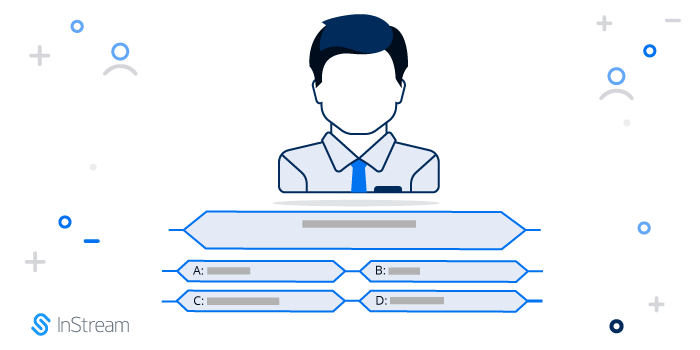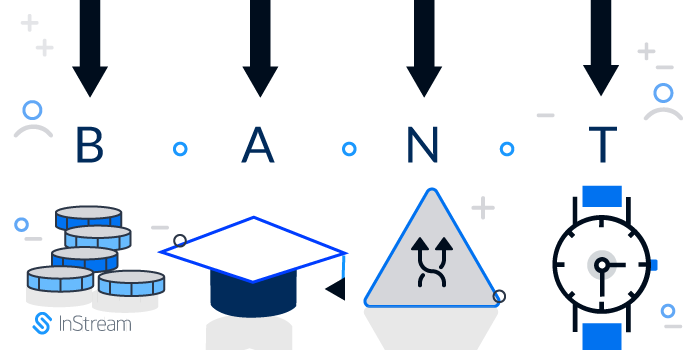HOW TO DEFINE YOUR CUSTOMERS’ NEEDS EFFECTIVELY?
DON’T TRY TO GUESS!
In the previous post I explained why intentions are more important than techniques
and why you need to learn how to listen. Sounds interesting? Check it!
If you deliver business solutions and you care about strong relations with your market – first you need to learn how to define your customers’ needs. Your job includes: close definition of a problem and then indication of right solution. By helping a customer to succeed, you reach your goal as well.
Work with your customer. Their success means your success.
Open intentions, ability to listen and will to solve customer’s problem are essential to get to know their needs. Unfortunately, sometimes this may not suffice. Why?
- Clients often don’t trust sales people (you know that from the previous post).
- People simple don’t like to admit they do have a problem. They are not eager to confess their failure.
Besides, there are few more types of “challanging clients”. You may meet people who:
- don’t understand their needs but they do demand instant solution,
- are aware of their needs but they find it hard to express them,
- look for a quick, ready solution and don’t want to invest too much time and money in it.

Never give up asking questions!
Ability to elicit information from a difficult client is priceless. But how to define needs of a customer who is not eager to share them with us? First, I am going to tell you one thing to do NOT.
DO NOT TRY TO GUESS!
Meeting with a difficult client requires a lot of tact and intuition. You may face some tension, aversion and distance on the other side of the table. Client is not going to share his problem with you and your suggestions can lead to a catastrophe. Basically, client expects you to aptly define his needs (in the first try, of course) and then present best possible solution. Sounds absurd, doesn’t it?
In situations like this lot of sales consultants lose their confidence and feel unprepared. They aren’t eager to ask a client more questions after facing his oppositional attitude and negative reaction.
“Why are you asking me this? You are an expert here.”
I bet all sales people have heard these words at leats once.
When unexperienced sales person finds reluctance he finally starts to guess what his customer means.“We need a fully automated system to monitor special orders” a client says.
- Can you be sure about what a client meant by saying “fully automated”?
- What are the “special orders”?
- How do they want to have them monitored?
If you don’t ask these (and more questions!) you will find yourself solving tens of riddles about your client when it comes to making an offer.
Remember! What you hear from a client is only the tip of the iceberg.
Customer’s real problems and unexpressed needs are hidden underwater. Your job is to uncover and define them all.
Don’t try to guess the way!
Be persistant until you get all the data you need.
If a client doesn’t want to talk about his problems try to make him familiar with your intentions and make him aware that you share his goal. Keep on asking until you are 100% sure that you understand your customer’s needs same as he does. If you want to avoid suggesting him a particular problem, use an example. Refer to another company and describe its fictional problem:
“Our company cooperates with firm X that runs similar business.
We solved their problem with data base and website integration.
If you need a solution like this in the future we have it ready and proven.”
There are no stupid questions. Stupid is not to ask. The more you get to know your client’s needs the bigger likelihood that the solution you present will meet his expectations.
In a next step you can read about fundamental questions you should always ask while discussing your client’s needs.
You can also watch our SlideShare presentation:
[slideshare id=49505947&doc=zyru9ky2qhmfebpcvszx-signature-e4413a2a974d48e388c3e4a19fee97fdd1b7fe27e41b94a7c29bbd6be2cbac6f-poli-150617130354-lva1-app6892]
CEO at InStream. Sales Advisor.








